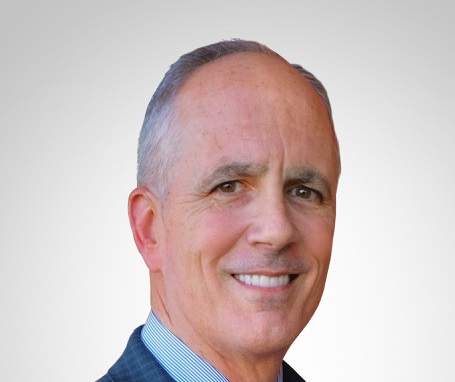 Kingsbarn Realty Capital KB Exchange Trust
Kingsbarn Realty Capital KB Exchange Trust What Are DSTs?
Brad WattTheir Growing Popularity
© Touchpoint Markets, All Rights Reserved. Request academic re-use from www.copyright.com. All other uses, submit a request to [email protected]. For more inforrmation visit Asset & Logo Licensing.







